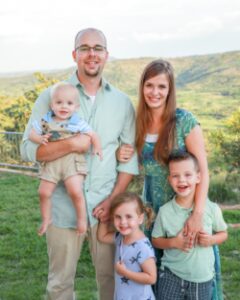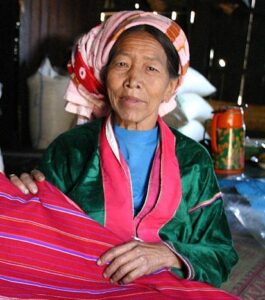
John and Betty Stam
The anticipated knock at the door came suddenly. The rumors were true. The Communists had arrived to arrest them.
John and Betty Stam had met each other in a prayer meeting for China. Their friendship grew into love, but their applications for mission work put them in different corners of the country. Believing God’s work should come before human affection, they committed the matter to the Lord. Through a series of events, Betty ended up in Shanghai, the very place John had been stationed. Within two years, they were engaged, married, and had a newborn baby, beautiful little Helen.
On this particular day, a loud knock came at the door, signifying the Communists’ arrival. Although they had been warned, it was too late for the Stams to flee. The Communists barged into their home, demanded all their money, bound John, and took him to their headquarters. They later came back for Betty and baby Helen.
In a letter which John was allowed to write to China Inland Mission, he said, “We were too late. The Lord bless and guide you. As for us, may God be glorified, whether by life or by death.”
Taken twelve miles on foot to Miashea, the location for their execution, the Stams spent the night in the home of a wealthy man who had fled to safety. John was chained that night, but Betty was given enough freedom to tend to the baby. The next morning, they were led to the execution site. When asked by the postmaster where they were going, John replied, “I don’t know where they are going, but we are going to heaven.” They were both executed by beheading in front of a terrified crowd.
The Christians in the city fled to the mountains and stayed in hiding for two days. A Chinese evangelist, Mr. Lo, ventured back into town, but the people were too fearful to tell him who had been executed. After much effort, he discovered it was the very missionaries he had been working with and that their baby had been left behind.
Mr. Lo searched the house where the Stams had spent that last night. It had been ransacked, but during his search he heard a soft cry. Baby Helen had been left in a sleeping bag by her mother along with a few supplies and ten dollars. That money was used to finance the trip that carried her to safety. Helen was taken to a missionary in another city, and today she lives in the US with her husband and family.
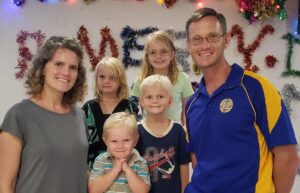
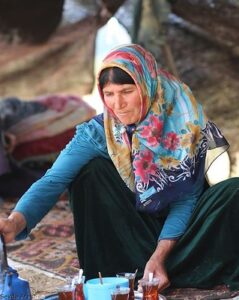
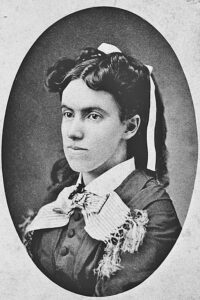
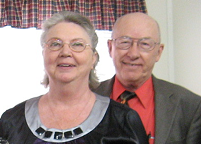 On May 10, 1968, the pastor’s wife and another lady from Beacon Hill Baptist Church in Dallas, Texas, were visiting new arrivals in their area. The house they planned to visit had whiskey bottles in the front window. The intended message was “Bad people live here; don’t mess with them.” The residents, Robert and Linda Huddleston, had bought the house and recently moved in. They had met at the Player’s Lounge where Linda was a bartender. The church ladies considered skipping this house, but they didn’t. Instead they won Bob and Linda to Christ!
On May 10, 1968, the pastor’s wife and another lady from Beacon Hill Baptist Church in Dallas, Texas, were visiting new arrivals in their area. The house they planned to visit had whiskey bottles in the front window. The intended message was “Bad people live here; don’t mess with them.” The residents, Robert and Linda Huddleston, had bought the house and recently moved in. They had met at the Player’s Lounge where Linda was a bartender. The church ladies considered skipping this house, but they didn’t. Instead they won Bob and Linda to Christ!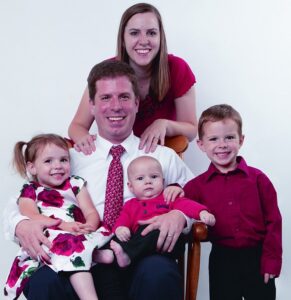
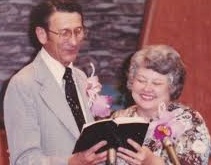
 Brother Johnny Leslie, missionary to Croatia, was preaching about John the Baptist having his head cut off. He should have said odrezati but instead said narezati. Both words mean “cut,” but the congregation roared with laughter because narezati is only used when talking about slicing something like salami!
Brother Johnny Leslie, missionary to Croatia, was preaching about John the Baptist having his head cut off. He should have said odrezati but instead said narezati. Both words mean “cut,” but the congregation roared with laughter because narezati is only used when talking about slicing something like salami!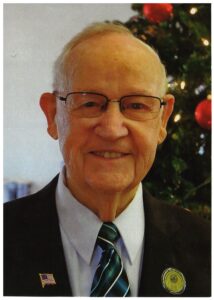
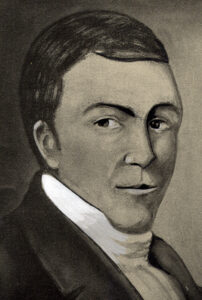

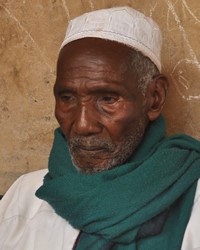
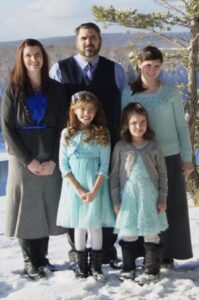
 There was no headstone for Charlotte Rowe until her name was uncovered among the missionaries appointed by American Baptist International Ministries during research as it prepared for its 200th anniversary.
There was no headstone for Charlotte Rowe until her name was uncovered among the missionaries appointed by American Baptist International Ministries during research as it prepared for its 200th anniversary.